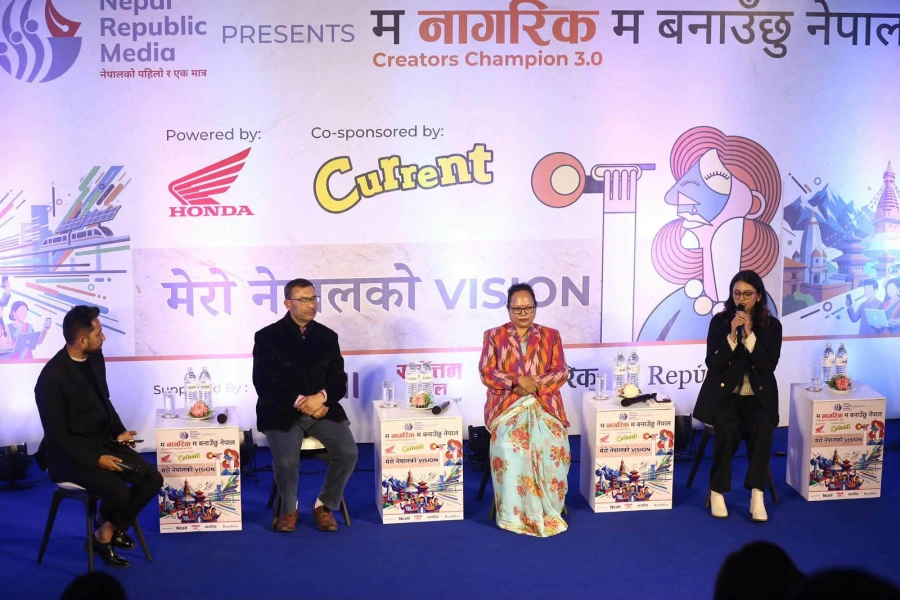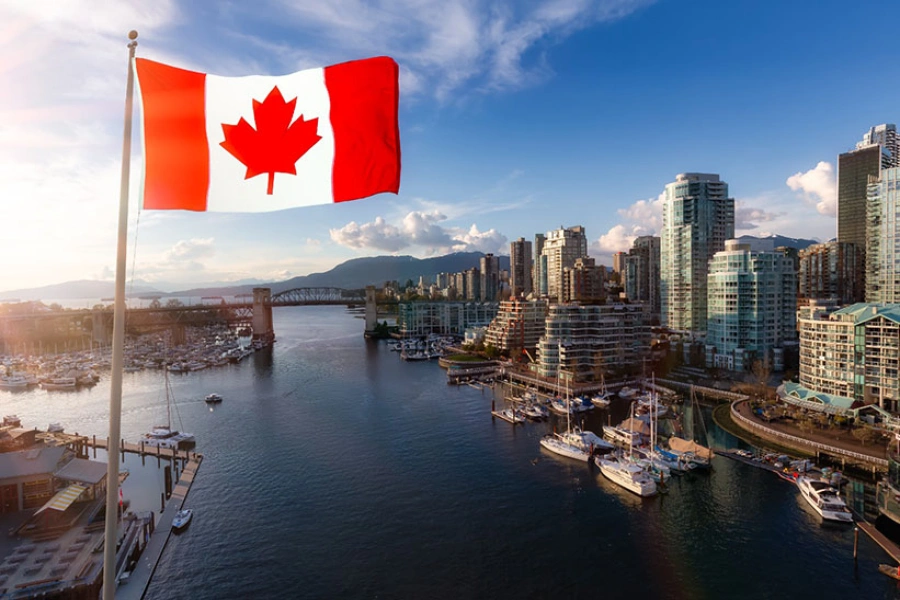Nepali political parties and their leaders have one consistent take on media: They express commitment to press freedom and make it a part of their policy. They appreciate media when they expose wrongdoings of their rivals. In such case, they also come forward to support media’s effort, or at least appear to do so. But if the same media outlets bring out their wrongdoings or write against their failure on delivery, the same political parties and leaders stand extremely intolerant, often when they are in the government. First, they try to convince or pacify the critical media. Then, they try to impose their orders, abusing their authority, not to publish, broadcast any news item critical of the government. They do not even hesitate to threaten media if journalists keep writing. In truth, this has been their media policy for years. One only has to follow and study the decisions and activities of major political forces and governments they led. The government of K P Sharma Oli has not been any different.
Instagram to use machine learning to spot bullying in photos

This reflects on the order issued by Minister for Communications and Technology Gokul Baskota to state-run media not to publish or broadcast any critical news related to Nirmala Panta’s rape and murder case. This instruction also shows that the government isn’t working to find the truth behind the rape and murder of an innocent daughter of a poor family in a far-flung village. Nirmala’s family members have started losing patience. Insensitive toward such a grave crime, the authorities, however, are trying to hide the skeleton in the closet instead of bringing the culprit(s) to the book. This is not only troubling but also seriously objectionable. The reported order is also the testimony of how the ruling parties misuse state media. When they rise to power, most leaders tend to not only to use the state-media as their mouthpiece but also try to misuse them to protect some powerful officials from punishment for their wrongdoings. That is a complete abuse of authority.
Yes, journalists working in state-run media are paid by the government but the ultimate payers are the people. This is why those working in state-run media should be accountable to the people as much than to the leaders who dictate their terms. It would be a blunder, even to think of covering incompetence, by using state-media as a propaganda tool. Nepali media, especially those led by private sector, has come a long way. They have contributed to exposing those involved in crimes and corruption. They have been trying to hold the leaders to account and raise awareness among people on various issues. Minister Baskota was also expressing displeasure over private media’s coverage of Nirmala Panta’s case. The government of K P Oli is becoming intolerant to critical views published in private media. It now appears bent on trying to hide the facts just to protect a culprit of the heinous crime by misusing state-run media. But the government needs to understand that this approach will backfire.







































